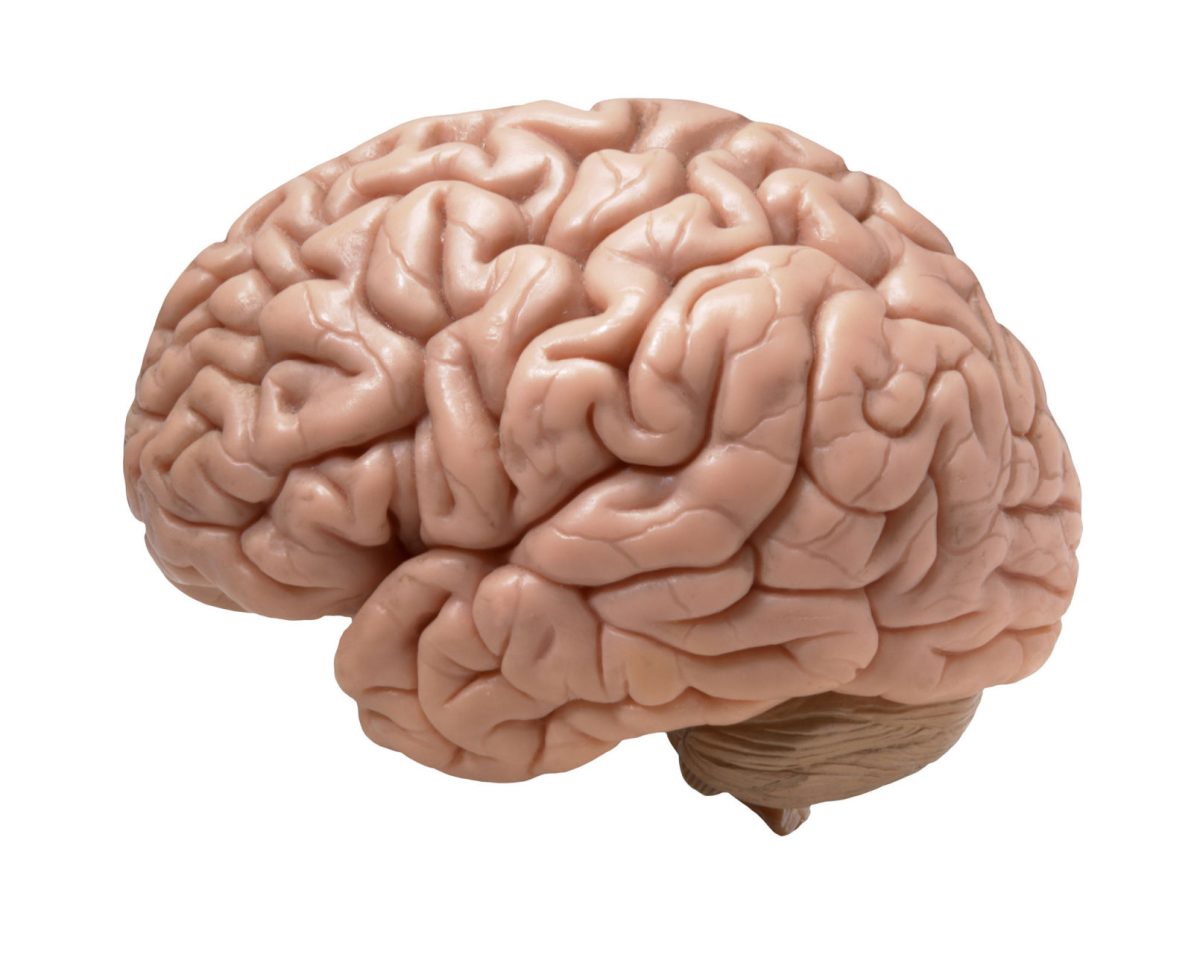Hemispherectomy is a rare, radical surgery in which a cerebral hemisphere is removed in order to treat the most extreme of epilepsy cases. Neurosurgeons turn to this invasive treatment after typical epilepsy treatments are deemed unsuccessful. In 2019, scientists from CalTech and Harvard Medical School published an article in Cell Reports on functional brain networks in six adults who had a childhood hemispherectomy. They found that hemispherectomized brains had compensated for the loss of brain matter and actually had greater communication among different functional brain networks. After this research was conducted, doctors at the Cleveland Clinic Epilepsy Center published a study in Epilepsia on preoperative and postoperative values of those who had a childhood hemispherectomy. They analyzed seizure frequency, walking ability, language, reading, and behavior.
Functional brain networks are composed of brain regions spanning the entirety of both hemispheres that interact with each other to form the fundamental basis of information processing. The researchers at CalTech were interested in comparing and contrasting functional brain networks between the experimental group of individuals with one hemisphere and their control group of individuals with two hemispheres. Through analysis of functional MRIs, they discovered that the participants with a hemispherectomy had stronger communication among different functional brain networks compared to that of the control group. They also concluded that communication within the hemisphere was preserved in the hemispherectomy participants and was equivalent to that of the control participants.
The doctors at The Cleveland Clinic Epilepsy Center were interested in studying the long-term outcomes of 115 individuals who had childhood hemispherectomy. They found that, after the procedure, 65 individuals were seizure-free, 96 individuals were walking without aid, 80 individuals had sufficient language skills, 48 individuals had sufficient reading skills, and 84 individuals had little to no behavioral issues. These results show marked improvement from pre-operative values. For example, before surgery, 88 individuals had daily seizures, 55 individuals were unable to walk on their own, and 70 individuals had delayed language skills.
Clinically, the findings from these two studies provide valuable information for individuals who fit the criteria of receiving hemispherectomy. In terms of research, the Caltech study has provided new information that enhances our understanding of how the brain reorganizes and compensates, which may lead to novel intervention strategies for patients with brain injuries.
Categories:
Functioning with one brain hemisphere
Nami Ennis, Contributor
March 6, 2020
0
Donate to The Tiger
Your donation will support the student journalists of Clemson University. Your contribution will allow us to purchase equipment and cover our annual website hosting costs.
More to Discover















